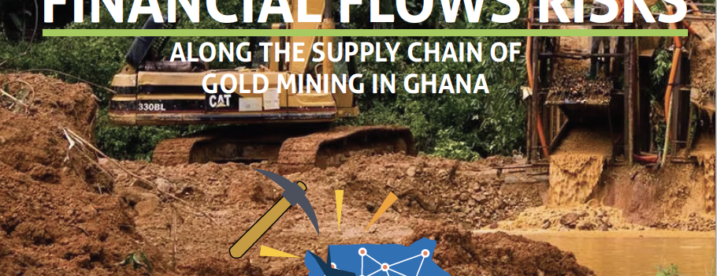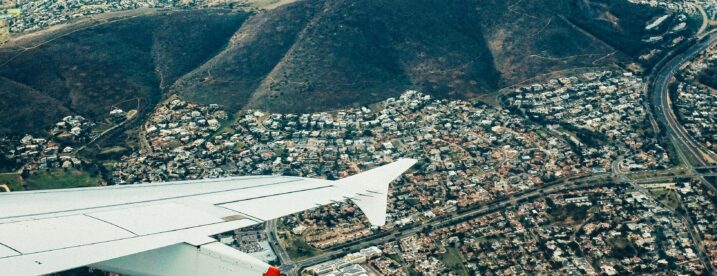
Global Financial Integrity (GFI) and the Integrated Social Development Centre (ISODEC-Ghana) published a new report, Mapping of Illicit Financial Flows Risks Along the Supply Chain of Gold Mining in Ghana, which highlights the critical risks of illicit financial flows (IFFs) in the country’s mining industry. The report focuses on how supply chain vulnerabilities hinder domestic resource mobilization and threaten the integrity and future prosperity of the mining sub-sector.

The Advocates Coalition for Development and Environment (ACODE) and Global Financial Integrity (GFI) have published a new research report titled “Uganda’s Mining Legal Regime: Addressing Illicit Financial Flows (IFFs) Risks and Revenue Loss in the Mineral Supply...
By Maureen Heydt, March 16, 2020

The revelatory Luanda Leaks by the International Consortium of Investigative Journalists (ICIJ) and 35 partner organizations exposed the critical role financial service providers – frequently Western – play in facilitating massive international financial scandals. Indeed, the ICIJ...

by Ben Iorio “The traditional thinking has always been that the West is pouring money into Africa through foreign aid and other private-sector flows, without receiving much in return. Actually, that logic is upside down – Africa...

This year, Global Financial Integrity and Academics Stand Against Poverty will be awarding the fifth annual Amartya Sen Prizes to the two best original essays on assessing the human impact of illicit financial flows out of Africa....
The Addis Tax Initiative (ATI) this month invited Global Financial Integrity (GFI) as the first Supporting Organization to be added since the initiative was launched in July 2015. GFI joins the World Bank, the International Monetary Fund, and the Bill & Melinda Gates Foundation in this role.
Your Excellencies, Honorable Ministers, distinguished officials, members of the Bar, and guests.
I am delighted to have the opportunity to participate in PALU’s annual conference, this year focusing on the eradication of corruption and illicit financial flows and the role of lawyers and lawyers associations. These issues have moved into the forefront of Africa’s agenda in recent years and will continue to shape thinking about maximizing domestic resources for development in the coming years.
Globally the business of transnational crime is valued at an average of $1.6 trillion to $2.2 trillion annually, according to a new report released by Global Financial Integrity (GFI), a Washington DC-based research and advisory organization. Titled “Transnational Crime and the Developing World,” the study highlights that the combination of high profits and low risks for perpetrators of transnational crime and the support of a global shadow financial system perpetuate and drive these abuses.





